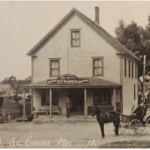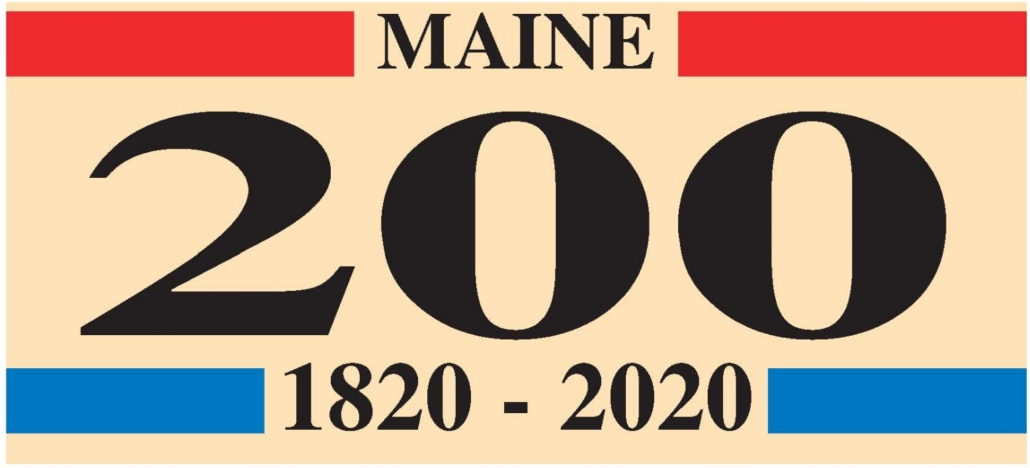CHINA: Wings denied variance by board of appeals to build garage
 by Mary Grow
by Mary Grow
Four of the six members of China’s Board of Appeals met Feb. 8 to hear a variance request from Charles and Julie Wing for their property on Fire Road 12, off Neck Road.
Stephen Greene, Lisa Kane and Alan Pelletier promptly re-elected Spencer Aitel board chairman. Aitel explained the variance procedure, which is mandated by state law as well as by China’s Land Use Ordinance.
A variance is an exception to a land use rule, in this case a rule about setbacks from protected areas. The Board of Appeals can grant a variance only if strict application of the ordinance would “result in undue hardship to the applicant.”
To make the case for “undue hardship,” Aitel said, the applicant must prove four things:
- “That the land in question cannot yield a reasonable return unless a variance is granted;
- “That the need for a variance is due to the unique circumstances of the property and not to the general conditions in the neighborhood;
- “That the granting of a variance will not alter the essential character of the locality; and
- “That the hardship is not the result of action taken by the applicant or a prior owner.”
The Wings said they bought a vacant four-acre lot near the lot on which their new house stands, intending to acquire space to build a garage. The lot has a flat area where they would like to put the garage, and a bank they estimate to be at least 20 feet high.
If the garage were built on the flat area, it would be 112 feet from a protected area that they said is a forested wetland. A state Department of Environmental Protection staffer, relying on state maps, told them a 75-foot setback would be adequate. But China’s town maps zone the wetland at a higher value, requiring a 250-foot setback.
The garage could be moved to be 250 feet from the wetland, the Wings said. But relocating would require digging out about 14 feet of the bank and building a retaining wall, costing an estimated $50,000 or more and increasing the risk of run-off that environmental ordinances are intended to control.
Board members’ discussion defined the main issue as whether the lot could “yield a reasonable return” without a variance.
Two of the four members, Greene and Kane, voted that it could, because it could still be used as the Wings intended; therefore the variance request should be denied. Pelletier dissented, and Aitel abstained, as he habitually does unless his vote is needed to break a tie.
Aitel then led board members through shorter reviews of the other three criteria. In a series of 2-1-1 votes, Greene and Kane found that the Wings met all three, Pelletier dissented and Aitel abstained.
In conclusion, the Wings’ variance was denied, again on a 2-1-1 vote, because they had not met all four criteria.
When they asked what to do next, Aitel advised trying to reconcile the different ratings on the town and state maps. He recommended asking the China select board how to seek an amendment to the town map.
Responsible journalism is hard work!
It is also expensive!
If you enjoy reading The Town Line and the good news we bring you each week, would you consider a donation to help us continue the work we’re doing?
The Town Line is a 501(c)(3) nonprofit private foundation, and all donations are tax deductible under the Internal Revenue Service code.
To help, please visit our online donation page or mail a check payable to The Town Line, PO Box 89, South China, ME 04358. Your contribution is appreciated!





Leave a Reply
Want to join the discussion?Feel free to contribute!